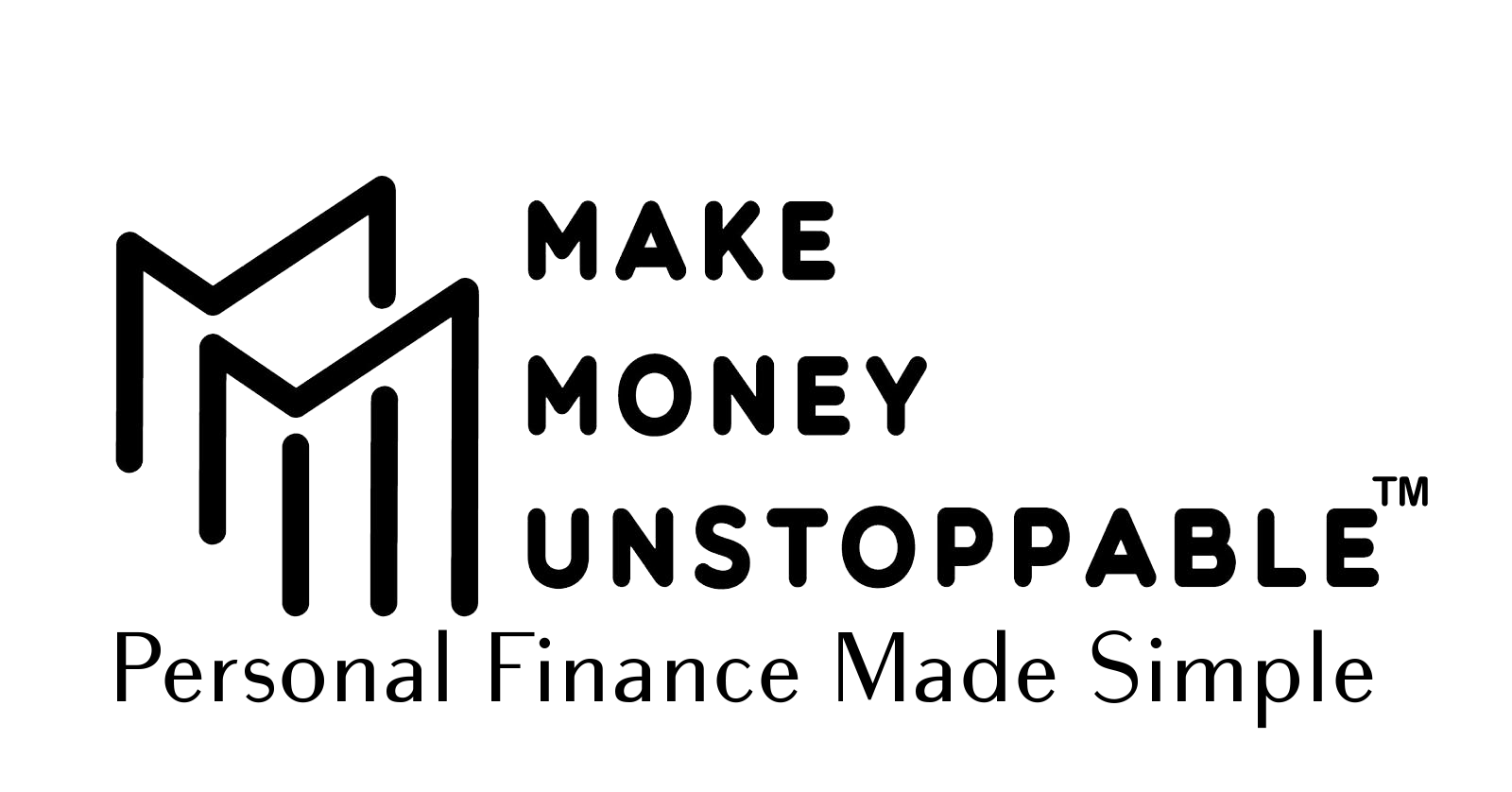
How to Make a Budget When You’re Bad at Math
Think budgeting is all about crunching numbers and complex spreadsheets? Think again. You don’t need to be a math genius to take control of your personal finances; you just need a budgeting system that’s simple, practical, and easy to stick to.
The truth is, budgeting isn’t a math test. It’s a habit. And if you can read, write, and do basic arithmetic (like addition, subtraction, multiplication, division, and percentages), you already have what it takes to build a budget that works.
Last Updated: June 19, 2025

Disclaimer:I am not a licensed financial advisor, financial planner, tax professional, or attorney. The information provided in this blog is for general informational and educational purposes only and should not be construed as professional advice. Always consult with a qualified expert before making financial, legal, or tax-related decisions.
Over 60% of Americans don’t track their spending. Why? Three major reasons:
- A lack of financial literacy
- The belief that being “bad at math” makes budgeting impossible
- Budgeting is difficult
- Do not like to budget
- Do not want to know where their money is going
But here’s the reality: successful money management is more about behavior than equations. You don’t need to master algebra or memorize formulas; you need a system that removes the fear and replaces it with confidence.
This blog helps you break down a stress-free budgeting method that anyone can follow with no calculators, no spreadsheets, and no panic. You’ll learn how to:
- Create a no-math budget plan using intuitive tools and visual trackers
- Use budgeting apps and shortcuts that may help simplify your financial life
- Build consistent money habits that actually stick in the long-term
Whether you’re living paycheck to paycheck or want to stop overspending, this blog if for you, and it can help you take control of your finances without feeling overwhelmed.
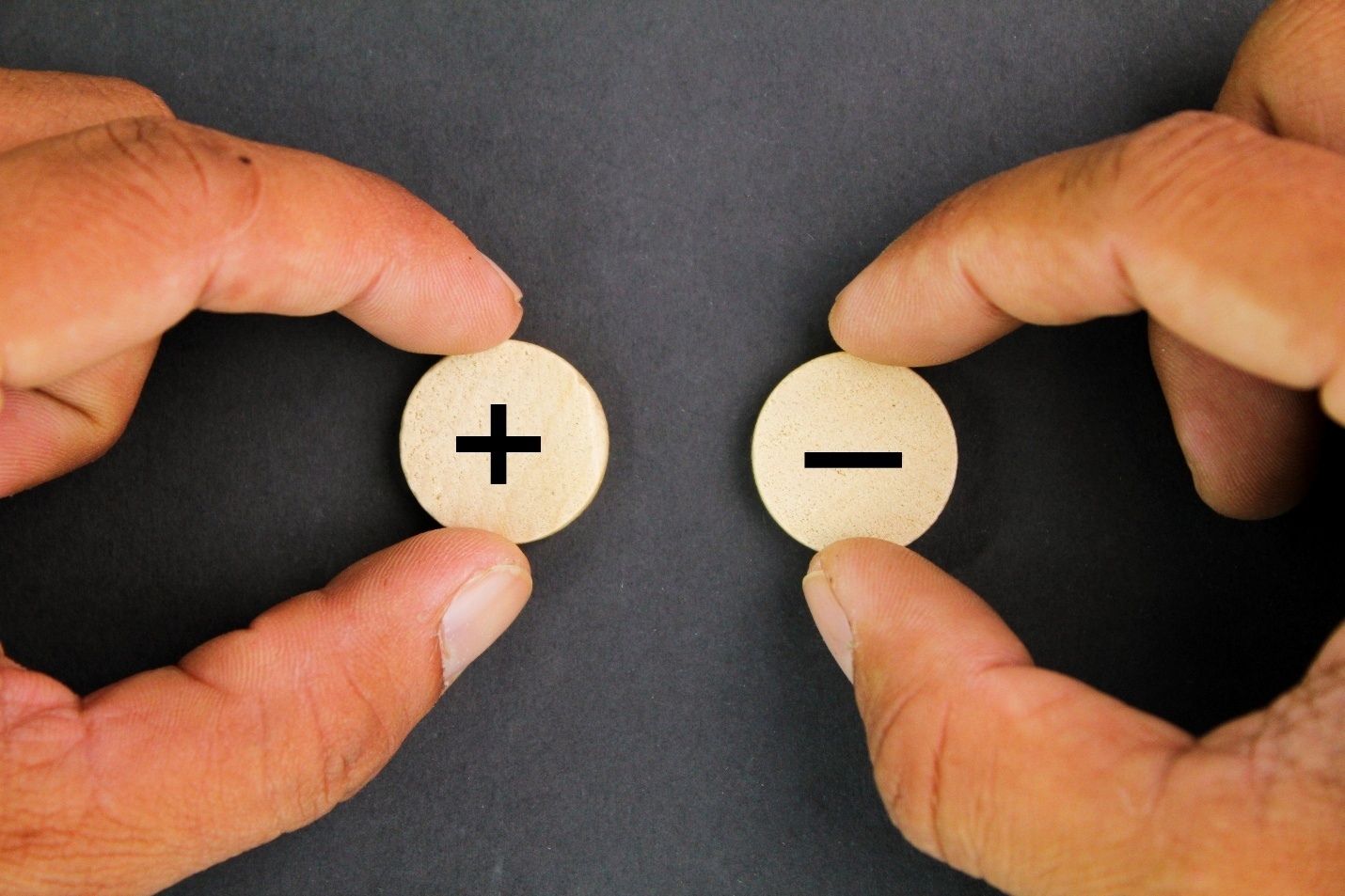
Why Does Budgeting Feel Hard?
Budgeting looks very simple on paper. Money in, money out, and then keep what’s left.
But when you open your banking app and your brain whispers, ‘this feels heavy and complicated.’ That’s math anxiety mixed with decision fatigue. You may tend to give up even before you have taken the first steps.
Each month, your monthly payments add up, which may be the cost of unnecessary subscriptions, credit card bills, mortgages, loans, and car payments. That number may add up to 46 payments a month or more. This involves making dozens of tiny choices, multiple decisions, some well-calculated and others not, and a lot of noise. No wonder a detailed spreadsheet may start to feel like having a second job.
If not now, when? Where do you want to be one year from now? You do not want to be kicking the can down the road, procrastinating, and being in the same situation where you are now, one year later.
Through simple, daily actions, you’ll begin to:
- Reconnect with your spending habits
- Understand your financial baseline
- Set grounded goals based on what really matters
- Reclaim a sense of control and confidence

The sticking point here isn’t weak arithmetic. It’s system design. A 20-category budget may feel precise on day one, but collapses under real-life pressures and routines by week three. You may spend two hours a day logging receipts, skip a Sunday to do the math, but after a while doing this, your file may start gathering dust. You may have given up altogether.
In behavioral terms, when budgeting feels too complicated, most people shut down and will do nothing. Simple, set-and-forget systems may work better for them. Guilt may pile on. Every purchase may turn into a math problem that you’d rather avoid. Thus, the budget may also be avoided.
But here’s the reality check. According to some reports, 27% of U.S. adults may have no emergency savings, and only about 28% may have six months’ worth in their savings. Hence, a simple no-math budget system isn’t optional; it becomes a necessity. You do not want to live life without a safety net.
Here’s your easy budget method:
- To start, simplify your categories as Needs, Wants, and Savings for now. Later on, you may add more to it, such as investing, etc.
- Track the big leaks, not every small drip. Subscriptions, dining out, and impulse shopping may feel small or insignificant at first. But they do pile up fast.
- Time-box the admin tasks. Ten minutes, once a week. Keep it very simple.
Unlock your financial freedom.
Download this FREE eBook!.
How to make $100,000/month? Stop being average and think big.
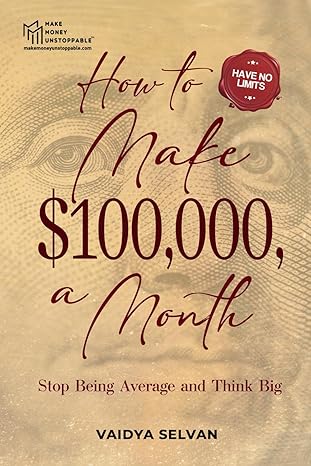
Stop Settling. Start Scaling.
Unlock the mindset, systems, and strategies top earners use to build unstoppable income.
Think Bigger. Earn Smarter.
This free eBook serves as your blueprint for scaling quickly, earning relentlessly, not settling for mediocrity, and living life on your terms.
Inside, you’ll discover:
- The Millionaire Mindset Blueprint
- Income streams that run on autopilot
- Entrepreneur hacks for focus and financial dominance
- One strategy to launch multiple income streams
- How to break free from “just enough”
- Tools to crush limiting beliefs and build your empire
Average doesn’t scale. Vision does. Download now and start your $100K/month transformation.
Yes, this eBook is free. Just drop in your email here to get instant access. ONE eBook per email.
The eBook is sent automatically and should arrive within minutes. Depending on your email provider, it may appear in your Spam or Promotions folder. While we don’t control its exact placement, you can be confident it has been dispatched and is waiting for you.
PLUS: Get Access to exclusive financial tips, learn everything about money and get early blog updates – delivered directly to your inbox .
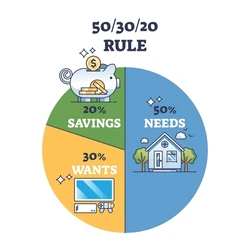
Tip: If your weekly update takes longer than 10 minutes, your system may be complex. You may need to trim your categories. The idea here is to keep it simple and not sweat it.
Math vs. Money
It’s a myth that money skills require solid math skills. Although it may seem logical, it isn’t true.
Managing your money is all about consistent routines and using basic math skills.

Smart Budgeting Without Math: Why Systems Beat Spreadsheets
Let’s break it down with a quick budgeting example.
Imagine two individuals with identical incomes. One dislikes math but sets up automatic savings transfers, uses three simple budget categories, and spends just 10 minutes a week reviewing finances.
The other builds a color-coded budget spreadsheet, updates it once, then abandons it. Fast forward a month, who do you think is ahead financially?
The answer is clear: consistency beats complexity.
Budgeting success doesn’t come from perfect calculations. It comes from repeatable financial habits. Below are five money management rules that may actually help move the needle:
1. Working Smarter, Not Just Harder
- Focusing on skill development
- Eliminating low-value tasks
- Learning to say no to distractions

2. Increasing Your Income
- Negotiating your salary
- Starting a small side hustle
- Upskill for higher-paying roles
3. Cutting Back on Spending
Targeting the top three budget leaks:
- Costly housing upgrades
- Frequent dining out
- Impulse purchases
4. Automating Saving and Investing
- Setting up automatic transfers on payday
- Using micro-investing apps to grow wealth passively
5. Repeating it Monthly
- Sticking to the same steps each month
- Building a financial routine that feels as natural as brushing your teeth
Budgeting Tools That Prioritize Habits Over Math
You don’t need a calculator or a finance degree to manage your money effectively. The best budgeting tools for beginners focus on automated systems and low-effort routines that make financial planning easy and sustainable.
Tools That May Simplify Personal Budgeting
- Bank automation rules: Setting up automatic transfers from your paycheck to savings, and from checking to bill-pay accounts. This may help ensure that your money flows to the right places without any manual effort on your part.

- Low-friction financial reminders:
- Have a weekly calendar alert labeled “Money 10” to review your spending and savings in just 10 minutes.
- Pin a note with your three budget categories: Needs, Wants, and your Financial Goals to help stay focused.
Remember: Your financial future isn’t defined by your math skills; it’s shaped by the systems that you have put in place.
Why Budgeting Is Crucial for Financial Wellness
Budgeting isn’t just about tracking your spending; it’s a powerful tool for building financial resilience and achieving long-term money management success. Consider these eye-opening stats:
- Only 41% of U.S. adults say they could cover a $1,000 emergency expense from savings.
- For much smaller financial shocks, just 65% could handle a $400 expense with cash
- Meanwhile, 83% of households carry debt, with credit card debt and mortgage loans leading the way.

So, why are we so debt-ridden, and how did we get here? We have become so obsessed with consumerism and materialism that did not exist in the 40s or the 50s. Are we heading in the wrong direction?
Without a personal budget plan, unexpected expenses can quickly spiral into high-interest debt, financial stress, and instability. While budgeting won’t solve everything overnight, it’s the first step toward financial freedom and smart money habits.
Key Benefits of a Budgeting System That Works

Implementing a budgeting strategy—whether through a budgeting app, spreadsheet, or envelope system may help transform your financial life:
- Stay financially organized: Assign every dollar a job using a money tracker tool or a zero-based budgeting method. Reduce impulse spending and eliminate “where did my money go?” moments.
- Achieve financial stability: Align your monthly expenses with your monthly income for consistent cash flow and fewer surprises.
- Avoid credit card debt: A proactive budget may help you plan and avoid relying on high-interest loans or using revolving credit.
- Reach financial goals: Whether you’re saving for a vacation, a home down payment, or retirement planning, budgeting may help you allocate funds toward your priorities.
- Prepare for financial emergencies: A flat tire or medical bill now becomes a manageable expense and not a financial crisis when you have an emergency fund in place.
- Stay connected to your financial values: Budgeting may help keep your spending aligned with your lifestyle, values, and long-term goals.
How to Create a Specific Budget That Builds Financial Momentum
A successful personal budget plan isn’t about restriction; it’s about having clarity, control, and consistency. Here’s how to make your budgeting strategy specific and effective:
Step-by-Step Budgeting Tips
- You may start with a $500 emergency fund, then build toward one month of expenses, and eventually three months of savings. Even small automated transfers from your paycheck help count toward progress.
- Use the three-bucket budgeting method:
- Needs: Essentials like rent, groceries, and utilities
- Wants: Dining out, entertainment. Always set a cap
- Goals: Savings, debt payoff, investments. Have them automated.
- Treat recurring payments like rent: same day, same amount, every month. This builds financial discipline and predictability.
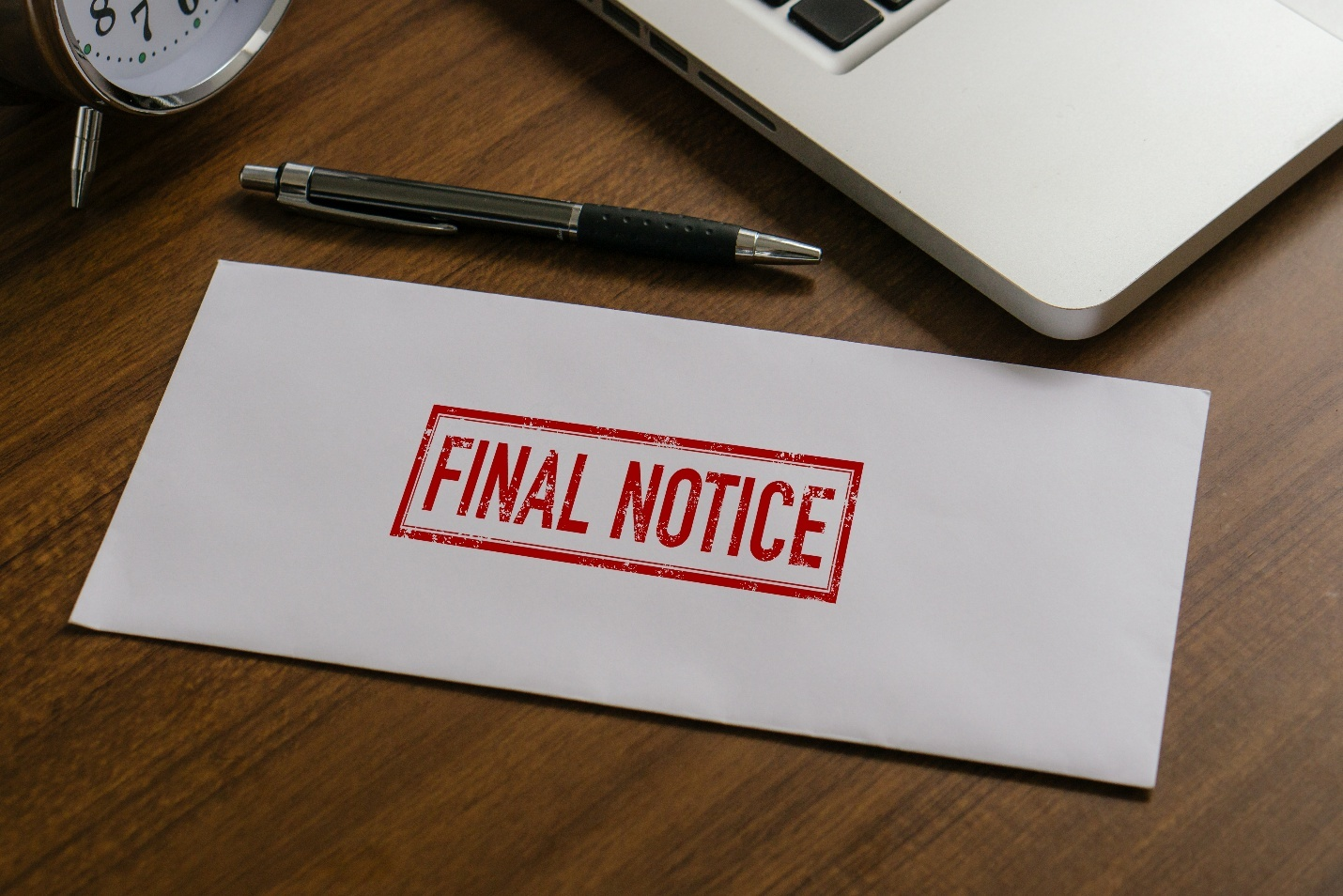
Tip: Automation Beats Willpower
- Historically, auto-enrollment in retirement savings plans has proven to be a game-changer, boosting participation rates to over 90%, compared to just the mid-60s with voluntary sign-ups.
The takeaway? Automation drives action.
Apply this same principle to your personal budgeting system: set up automatic transfers on payday to savings, debt payments, or investment accounts. When your financial plan runs on autopilot, consistency becomes effortless, and your goals get closer every month.
- Use budgeting apps or bank tools to streamline the process.

Real-Life Budgeting Case Study: Debt Payoff Journey
An employee had $12,000 in credit card debt spread across five cards. She implemented a three-bucket budget, cut $150 from her dining-out expenses, and redirected that money to her highest-interest credit card.
- She then set autopay for minimum payments on all the remaining cards.
- After which, she added an extra $150 payment to her top-priority card every payday.
Six months later, one card was fully paid off. No spreadsheets. No complex formulas. Just a repeatable debt reduction system.
Budgeting Is Empowerment, Not Punishment
With a clear financial plan, a $1,000 surprise expense may become manageable, not catastrophic. Long-term goals like homeownership, travel, or retirement may stop feeling like distant dreams. Soon, your money may start following your vision.
Whether you’re tackling credit card debt, building an emergency fund, or saving for a major life milestone, a specific, automated budgeting system may be your best ally.
Redefining What a Budget Really Is
A budget often gets a bad reputation. Too many people hear the word and immediately think of financial sacrifice, deprivation, or endless spreadsheet budgeting filled with numbers they don’t want to see and are not interested in at all.
But the truth is far more empowering. A personal budget isn’t about restrictions; it’s about mapping out your financial freedom. It gives you money control, spending clarity, and the ability to direct your income toward what actually matters to you.

At its core, a budget plan is nothing more than a map for your cash flow. It shows three simple things:
- Money In: how much you earn
- Money Out: how much you spend
- What’s Left: the margin or the spread that can be saved, invested, or used intentionally
It’s as simple as that.
No endless categories, no rigid policing, no guilt. Instead of being a punishment, a budgeting strategy is the framework that lets you choose what to say yes to and when you get to say no. This may be whether that’s a new home, a debt-free lifestyle, or guilt-free fun spending. You get to decide what you want to do with your money. If you do not have a plan, you will succumb to ads, sales, and to what everyone wants you to buy with the money you do not have.

Budgeting Comparison: Complex vs. Simple
Complicated Budget | Simple Budget System |
· Dozens of categories for every expense | · Just a few buckets (Needs, Wants, Savings, and Debts) |
· Time-consuming to track | · Quick to update and review |
· Feels restrictive and stressful | · Feels flexible and freeing |
The simpler your budgeting method, the more likely you are to stick with it. Instead of obsessing over every dollar, you’re focusing on the big picture, where your money is flowing and whether it’s aligned with your financial goals.
When you redefine budgeting this way, it helps stop being something you dread and starts becoming a money management tool that works for you. And once you have this simple foundation in place, you can begin to build powerful momentum toward your long-term financial success.

The No-Math Budgeting System
When you commit to budgeting, it doesn’t have to look like algebra homework.
Forget calculators, multi-tab spreadsheets, and color-coded formulas. What you need is a system that keeps you financially consistent, even if you’re bad at math. The No-Math Budgeting System works because it relies on money habits, automated savings, and a few simple rules you can repeat every month.
This approach is perfect for:
- Busy professionals who may want a stress-free budgeting
- Beginners looking for a simple financial plan
- Anyone who wants to save money automatically without tracking every expense
Step 1: Tracking Money Without the Math
You Can’t Change What You Can’t See: Why Money Tracking Matters
Tracking your spending is the first step toward financial clarity, but it doesn’t mean scribbling receipts or crunching percentages by hand. Instead, you may use simple money tracking tools that do the math for you. Most banking apps now offer automatic transaction categorization, making it easier than ever to see where your money goes.

For visual learners, the cash envelope budgeting method is a game-changer and can help you allocate and keep track. Allocate physical cash into labeled envelopes such as for groceries, dining, or gas. And when the envelope runs dry, you stop spending. It’s a low-tech budgeting strategy that may deliver high-impact results.
Here’s where it clicks: when your transactions are grouped, spending patterns become obvious. Seeing that “$500 charge on restaurants, delivery, and eating out” hits harder than tallying 17 receipts.
Tip: Don’t sweat the small stuff.
Focus on your big financial leaks, like frequent dining out, unused subscriptions, or impulse buys. Fixing just two or three of these can save you hundreds more than obsessing over daily coffee runs. Always look at the bigger picture and hold every dollar accountable.
Think of tracking your finances like spotting the mess before you clean it up. Awareness is the first step toward transformation.
Step 2: Setting Simple Spending Limits with the Three-Bucket Budgeting Rule

Once you’ve tracked your spending, the next step is setting realistic spending limits. Forget having dozens of categories. Stick to the Three-Bucket Budgeting System:
- Needs (60%) – Rent, utilities, groceries, transportation
- Wants (30%) – Restaurants, entertainment, shopping
- Savings/Debt (10%) – Emergency fund, investments, extra debt payments
This may help you simplify the process.
If your monthly income is $3,000, here’s a quick breakdown:
Category | % of Income | Dollar Amount |
Needs | 60% | $1,800 |
Wants | 30% | $900 |
Savings/Debt | 10% | $300 |
This is a flexible budgeting template that may be adjusted as needed. If your rent is higher or you can save more some months, great. The goal is to create spending boundaries that are easy to remember and stick to.
Quick Exercise: Grab a note or open your phone’s notes app. Write down three numbers: your income, your “needs,” and what’s left for wants and savings. That’s your budget in under five minutes.
The magic is in the simplicity. Instead of juggling 15 tabs, you’re working with just three core numbers. This easy budgeting method is quick to track and hard to forget.
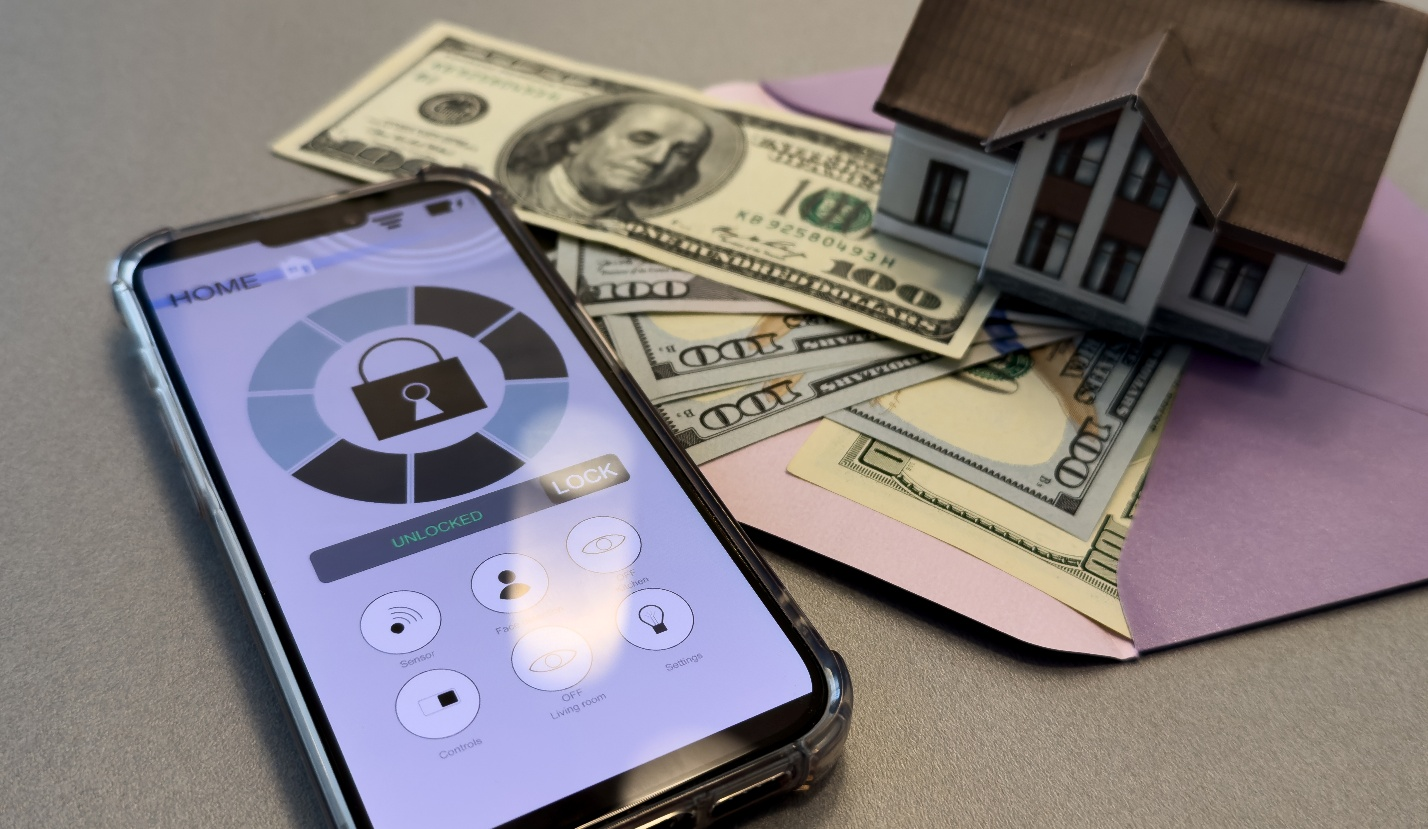
Step 3: Automating Your Finances for Stress-Free Budgeting
The best budgeting system is the one you set once and forget about. Financial automation removes the stress of willpower and helps you stay consistent, even when your life gets busy.
Here are two powerful ways to automate your finances:
- Direct Deposit Savings: You may split your paycheck so a portion goes directly into your savings account before you even see it.
- Auto Bill Pay: Set up recurring payments for rent, utilities, and phone bills. Say goodbye to late fees and missed due dates.
Think of automation as your financial autopilot. You’re not relying on discipline; you’re relying on systems. And systems don’t forget birthdays, get distracted by sales, or skip a week because you’re tired.
Tip: Start small. Automate just one thing. Once that feels normal to you, layer on more by adding to it.
Step 4: Building Budgeting Habits That Stick
Your budgeting success depends less on math and more on daily money habits. The goal is to create lightweight, repeatable routines that help keep your finances on track without the stress.
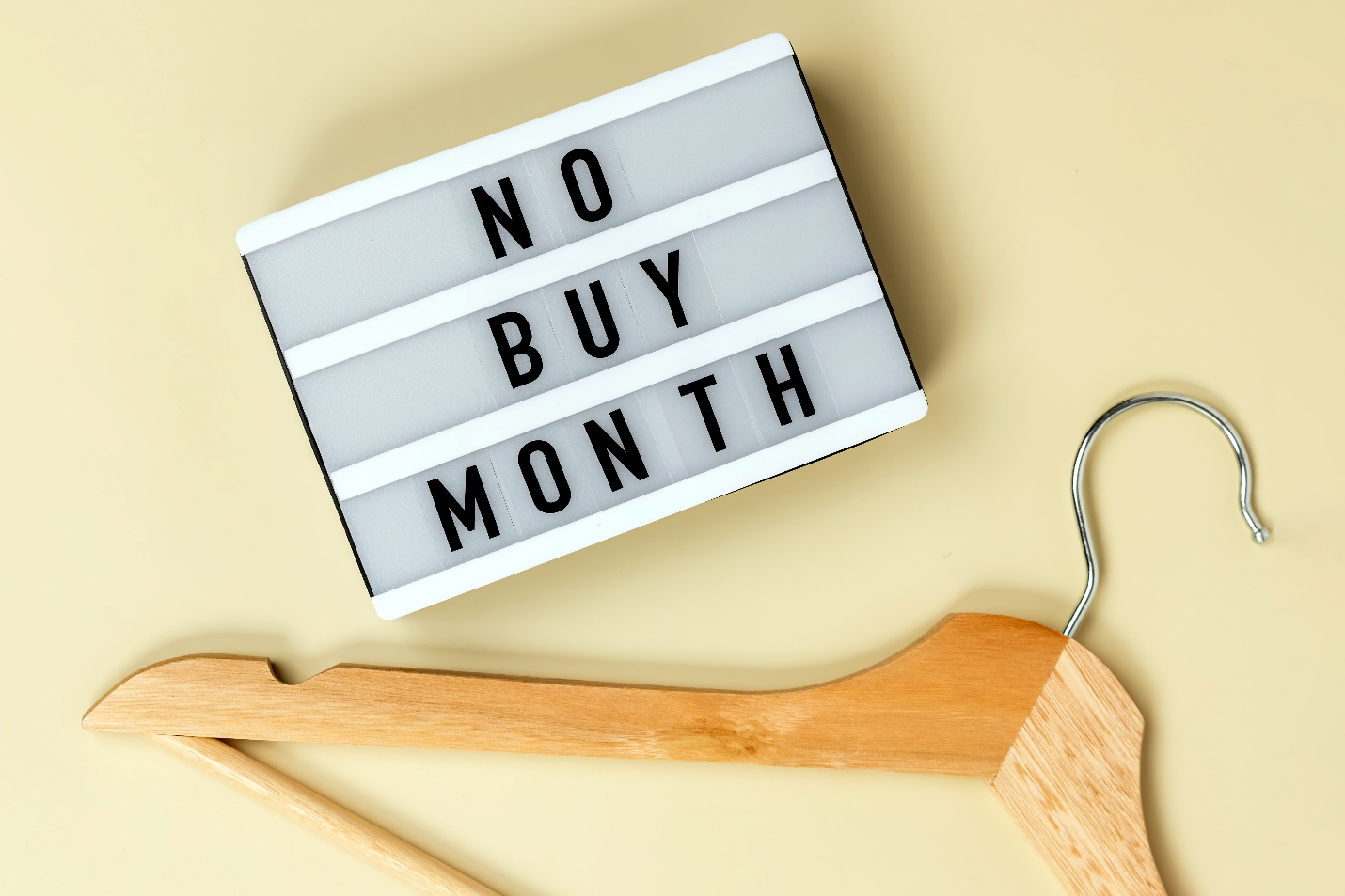
Two Easy Budgeting Habits to Start Today
- Weekly 10-Minute Money Check-In: Choose a consistent time like Sunday evening or Friday morning. Log into your budgeting app, glance at your spending buckets (Needs, Wants, Savings), and assess your progress. No calculators, no spreadsheets, just creating awareness.
- Visual Budget Reminders: Place a note on your fridge with your budgeting percentages (Needs 60 / Wants 30 / Save 10) or set a recurring calendar alert to check your balance periodically. These low-effort financial cues keep your goals top-of-mind.

Real Story that you may be able to relate to: A self-proclaimed “terrible at math” individual committed himself to a weekly 10-minute check-in. One year later, he’d paid off $14,000 in credit card debt and built a $2,000 emergency fund. Not because he loved numbers but because he had built a repeatable budgeting habit and a system to follow.
Step 5: Earning More & Saving Smarter
Once you’ve trimmed unnecessary expenses, the next step is to increase your income. At some point, cutting lattes won’t move the needle, but earning more money will help.
Smarter Ways to Boost Your Income
- Negotiate a raise at your current job
- Start a side hustle: freelance work, tutoring, or consulting
- Build passive income streams: digital products, online courses, rental income
Having just one source of income will put financial pressure on you, and it may dry out anytime without warning. But when multiple streams come into your pool each month, you will always have some water in it to help support you and your family.
When you earn more, saving money stops feeling like deprivation and starts to feel like a strategic financial move. You’re not just cutting back but are redirecting cash toward what truly matters:
- Paying off debt faster
- Investing for retirement
- Funding guilt-free travel or lifestyle upgrades
A budget works best when paired with financial momentum. Spending less is the key and the foundation on which it rests. Earning more is the fuel that can make your system unstoppable.
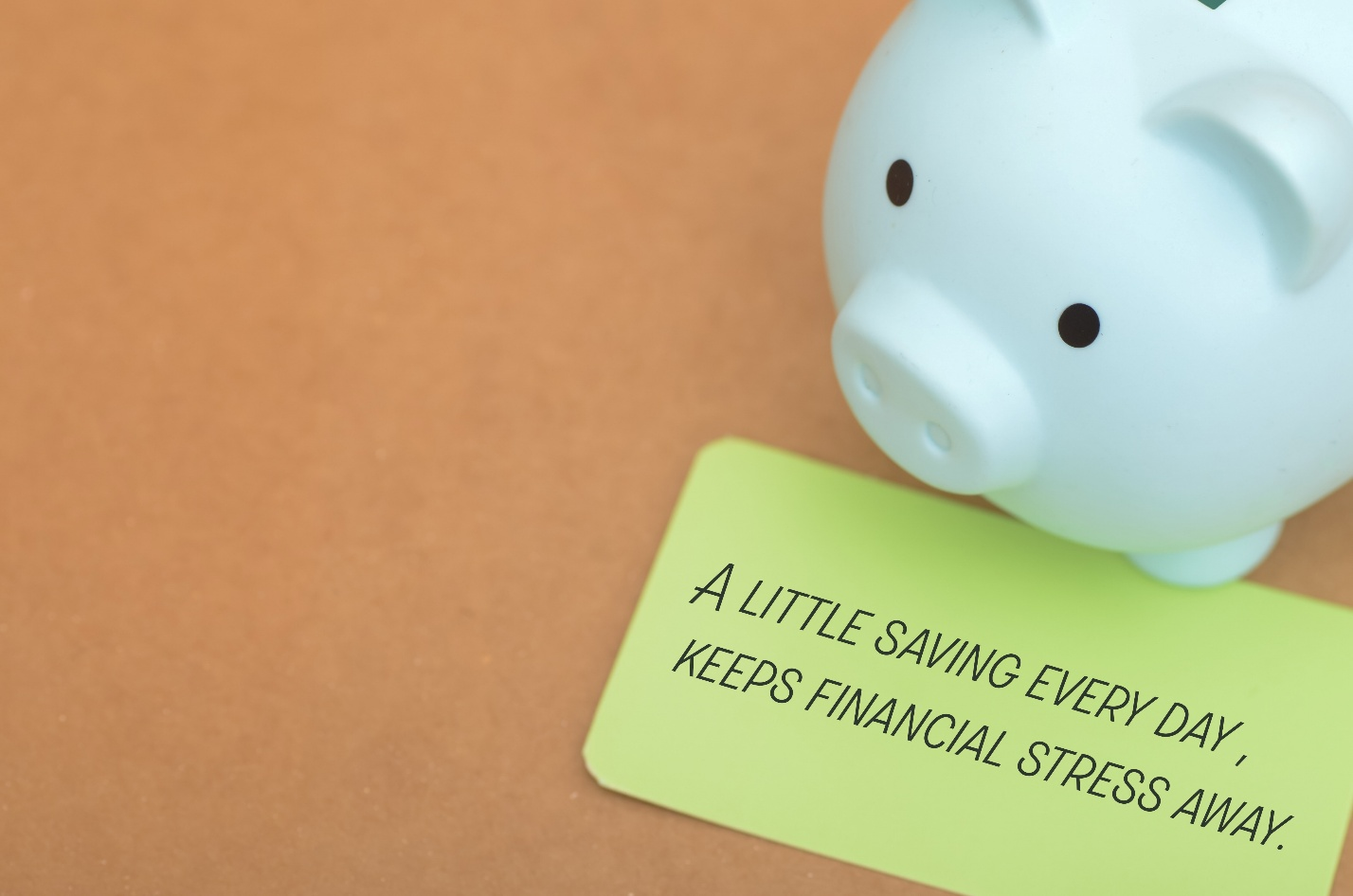
What to Do When You Slip Up on Your Budget
Let’s be real: no budget is perfect. Whether it’s overspending, forgetting to track expenses, or just losing motivation, slip-ups are part of the journey. The key isn’t to seek perfection, it’s progress. Think of budgeting as a skill you build, not a test you pass.
Here are three common budgeting mistakes and smart ways to bounce back:
- Forgetting to Track Expenses Life gets hectic, and it’s easy to skip logging purchases. But those small, unrecorded expenses can quietly derail your financial goals.
Fix: Automate Your Budgeting
- Use automated budgeting apps that sync with your bank accounts
- Set up daily or weekly reminders to review your spending
- Even a quick glance at your expense tracker can help keep you aligned
- Overspending in One Category Maybe groceries ran high this month, or a surprise birthday gift threw off your numbers. It happens.

Fix: Rebalance Your Budget
- Shift funds from flexible categories like entertainment or dining out
- Treat your budget as a living document, not a rigid set of rules
- Use budgeting software that allows easy category adjustments
- Feeling Restricted by Your Budget If your budget feels like a punishment, you’re more likely to abandon it. A good budget should support your lifestyle, not stifle it.
Fix: Add a “Fun Money” Category
- Allocate a small amount for guilt-free spending
- Prevent binge-spending by permitting yourself to enjoy
- Make your budget something you actually want to stick to
Tip: Treat Your Budget Like a GPS
If you miss a turn, your GPS doesn’t cancel the trip; it recalculates. Apply the same mindset to your personal finance journey. One mistake doesn’t erase your progress; it’s just a chance to reroute and refocus.
Mindset Shifts for Money Success
For most people, the hardest part of budgeting isn’t crunching numbers; it’s about shifting their money mindset.

Money carries emotional baggage: guilt over spending, fear of financial mistakes, and shame about not knowing enough. Add this to the common belief that “I’m bad at math,” and it’s no wonder budgets get abandoned before they even begin. But here’s the truth: budgeting success is more about mindset than math.
- Reframe Your Budgeting Perspective
Stop viewing your budget as a list of restrictions. Instead, think of it as a financial roadmap. A tool that shows you what you can afford, without guilt.
- Ask yourself: What does this plan make possible? instead of what do I have to cut?
- This shift may help transform budgeting from punishment into financial empowerment
- A budget is about clarity, control, and freedom, not deprivation

- From Short-Term Stress to Long-Term Confidence Without a plan, every purchase may feel like a gamble. But with a budget, each decision has context. You will know where your money is going, and you will spend with confidence.
- That confidence can build over time, turning anxiety into financial stability
- You’ll feel capable, not constrained
Mindset exercise: Write down one positive outcome budgeting could unlock for you, whether it’s paying off debt, saving for a vacation, or ending your paycheck-to-paycheck stress. Focus on what budgeting adds to your life, not what it takes away. That’s a mind shift here at play.
Budgeting FAQs: No Math Required
Q1. How to make money if you’re bad at math? You don’t need advanced math to succeed financially. Focus on practical money habits, use budgeting apps, and let technology handle the calculations.
Q2. What is the 50/30/20 rule? A simple budgeting formula:
- 50% for needs
- 30% for wants
- 20% for savings or debt repayment
Q3. What is the 70% rule for budgeting? Live on 70% of your income and save or invest the remaining 30% to build long-term wealth. The more you can save, the more you will have. Automate everything so you do not get to see anything. You cannot spend what you do not see or do not know you have.
Q4. How to budget when you’re bad at budgeting? Start small. Track one or two categories like groceries or bills. Use automatic transfers and budgeting tools to stay consistent. Focus on just one or two items and then take it from there. Keep an eye on your monthly metrics.
Q5. Can you manage money without being good at numbers? Absolutely. Money management is about habits, not math. Use rules of thumb, apps, and routine check-ins to stay on track. You may also use budgeting apps to help you.
Final Thoughts: Easy Budgeting Without The Math Anxiety
You don’t need a perfect budget. You will need a workable, low-stress budgeting method. Here’s your action plan that you may use:
- Pick one budgeting step today and don’t wait for the “perfect time”. Perfection does not exist and may never arrive.
- Stick with it for a month and see how it’s working for you. You may need to tweak it based on your needs and situation. Consistency always beats precision every time.
- Use the momentum to pay off debt, build savings, or start investing
Budgeting isn’t about being perfect. It’s about progressing and having the clarity and financial peace of mind. Start now, with what you have, and let your future self enjoy the payoff.
From Experience to insight : Transformational reads for the Strategic mind
Foundational readings for big shifts:
- 20 Budget-Savvy Tips for Saving Money
- The “Money Talk” No One Wants to Have, But Every Family Needs
- Proven Ways to Stop Impulse Buying: The Psychology of Spending
- Advantages of Using Cash in a Cashless Era
- How Much Money Are Your Bad Habits Costing You? Hidden Expenses That Are Draining Your Wallet
- The Hidden Cost of Not Talking About Money
Author: Vaidya Selvan
Welcome to Make Money Unstoppable Personal Finance Made Simple, a blog born out of necessity, a space created from real-life experiences, hard-earned lessons, and a deep-seated desire to share what I wish someone had taught me or had known sooner.

Newsletter Invite
Want more real-world information on Money? Join my newsletter for practical tips, updates on my books, and strategies to help you build financial freedom on your terms.
Yes, the eBook is also free. Just drop in your email here to get instant access. ONE eBook per email.
The eBook is sent automatically and should arrive within minutes. Depending on your email provider, it may appear in your Spam or Promotions folder. While we don’t control its exact placement, you can be confident it has been dispatched and is waiting for you.
#FinancialFreedom #Newsletter #MoneyTips
